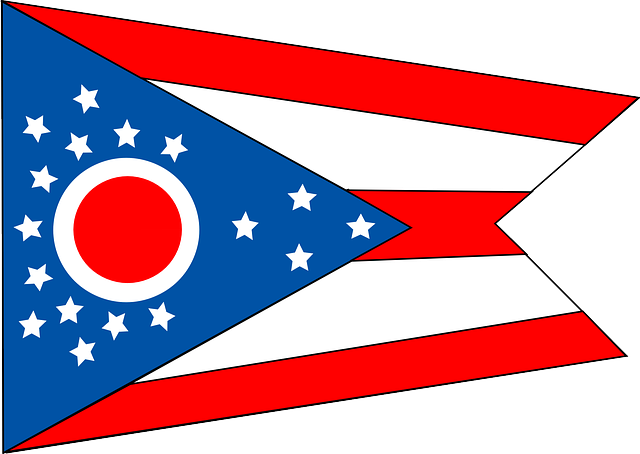Share This Article:

Columbus, OH (WorkersCompensation.com) -- When a workers' compensation statute includes a time restriction on when a claim can be filed, does that restriction apply when the case is through on the administrative side and heads to court?
Ohio's top court in Caldwell v. Whirlpool Corporation, No. 2024-Ohio-1625 (Ohio 05/01/24) ruled that it does not, finding that a five-year limitation period was jurisdictional to the state's Industrial Committee, not its judicial branch.
A worker suffered a work-related injury while he was employed with Whirlpool. After a successful initial workers' compensation claim, the worker sought coverage for additional conditions a few years later. Eventually, the case wound up in court and then in appellate court, with the outcome being Whirlpool's favor. Ultimately, the appellate court ruled that the worker's claim had expired as a matter of law because an Ohio statute limited the Industrial Commission's continuing jurisdiction to five years from the date of the last payment on the worker's initial claim and that five years had passed.
The worker appealed to the Ohio Supreme Court.
Under Ohio law, in cases in which a claimant has received compensation from an initial successful claim and seeks additional compensation, any "modification, change, finding, or award shall be made within five years from the date of the last payment of compensation." Caselaw has established that when a workers' compensation claimant files a notice of appeal in a court of common pleas, jurisdiction over the claim vests in that court, and a timely notice of appeal satisfies the jurisdictional requirements under the five-year rule.
If you're looking for info about compliance in Ohio and across the U.S., head to Simply Research
In reversing the previous decisions going against the worker, the Ohio Supreme Court held that, based on the plain language of the relevant workers' compensation statutes, when a workers' compensation claimant perfects an appeal, the subsequent expiration of the commission's five-year period of continuing jurisdiction does not cause a claim that is pending in court to expire as a matter of law.
The court noted that the statute in question was concerned solely with the commission's continuing jurisdiction over workers' compensation cases, but not court cases.
Because the worker's case was filed in court, the five-year limit did not cause his claim to expire.
"[The worker] did all that was required of him ... to have his day in court," the court wrote. "The statute that establishes the continuing jurisdiction of the commission in no way affects ... court proceedings once they have been properly initiated."
Thus, the Ohio Supreme Court sent the case back to the trial court.
AI california case management case management focus claims compensability compliance courts covid do you know the rule emotions exclusive remedy florida FMLA fraud glossary check Healthcare health care hr homeroom insurance insurers iowa leadership medical NCCI new jersey new york ohio osha pennsylvania roadmap Safety state info technology texas violence WDYT what do you think women's history women's history month workcompcollege workers' comp 101 workers' recovery Workplace Safety Workplace Violence
Read Also
- Apr 24, 2025
- Frank Ferreri
- Apr 24, 2025
- Liz Carey
About The Author
About The Author
-
Frank Ferreri
Frank Ferreri, M.A., J.D. covers workers' compensation legal issues. He has published books, articles, and other material on multiple areas of employment, insurance, and disability law. Frank received his master's degree from the University of South Florida and juris doctor from the University of Florida Levin College of Law. Frank encourages everyone to consider helping out the Kind Souls Foundation and Kids' Chance of America.
More by This Author
Read More
- Apr 24, 2025
- Frank Ferreri
- Apr 24, 2025
- Liz Carey
- Apr 24, 2025
- Claire Muselman
- Apr 24, 2025
- Chris Parker
- Apr 24, 2025
- Anne Llewellyn
- Apr 23, 2025
- Claire Muselman




